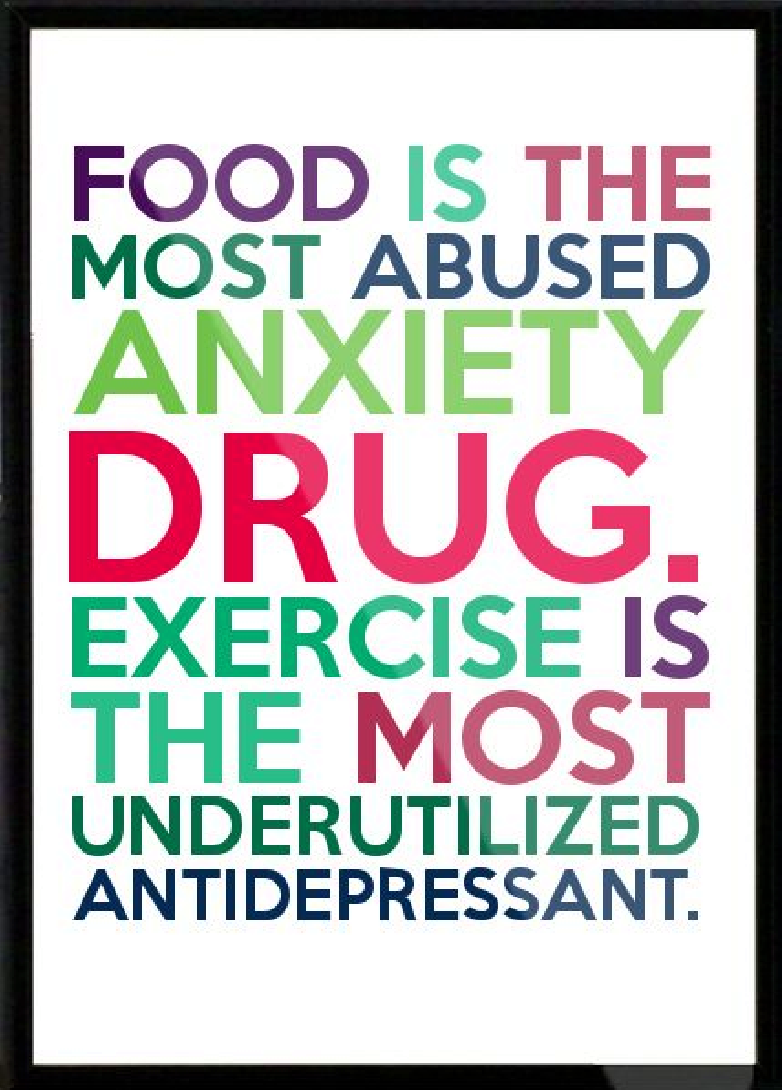How The Choices We Make Affect Our Lives
We live in a world full of choices! In a twenty-four-hour period, we make about 35,000 decisions in total! (No wonder we’re always tired!)
Our health should always be number one on our list of concerns. If we don’t take care of ourselves, who else will? And if we were intelligent about it, we would surround ourselves with a team of trusted professionals who help us remain healthy. Then, when illness does occur, our team knows how to help us recover from our disease and bring us back to healthy without incurring further injury.
Such a professional team is difficult to come by but, with research and some trial and error, it is completely possible.
Globally, it is estimated that about one in five, or about 1.5 billion people, suffer from chronic pain. Chronic pain can interfere with your daily activities, such as working, having a social life, and taking care of yourself or others. It can lead to depression, anxiety and trouble sleeping, which can make your pain worse. This response creates a cycle that’s difficult to break.
Understand your choices and their outcomes.
Prescription Drugs
More than 131 million people — 66 percent of all adults in the United States — use prescription drugs. Utilization is particularly high for older people and those with chronic conditions.
In 2015–2018, 10.7% of U.S. adults used one or more prescription pain medications in the past 30 days. Use increased with age, from 5.4% among adults aged 20–39 to 12.7% for those aged 40–59 to 15.1% for those aged 60 and over.
Surgery
Pain is probably the most common complaint that surgery patients have in the days and sometimes weeks following surgery. Pain is to be expected and can be managed with medication, but an expectation of no pain after a procedure is likely not realistic.
Ineffective postoperative pain relief remains a common problem in health care, and it is estimated that approximately 50%-75% of patients have insufficient pain relief postoperatively.
Holistic
Why is it popular? Western holistic therapy practices took off in the 1960s in response to anxiety about medicine’s focus on drug-related treatment and its failure to view patients as people, rather than bits of bodies to be prodded and examined.
According to a new nationwide government survey, 36 percent of U.S. adults aged 18 years and over, use some form of complementary and alternative medicine.
Alternative therapies have become increasingly popular. Half the global population use some form of alternative medicine annually and, as they typically exist outside of Government-backed healthcare systems, pay directly for such services.
Herbal
Approximately 35% of respondents reported their current use of herbal medicine.
Western herbalism originated in Ancient Greece and Rome, then spread to Europe, then North and South America. Hippocrates was known as the father of medicine in 4th century B.C. and was the first one to encourage self-healing of the body.
Exercise and Stretch
There are so many benefits, allow me to simply name the top ten: Improve your memory and brain function (all age groups). Protect against many chronic diseases. Aid in weight management. Lower blood pressure and improve heart health. Improve your quality of sleep. Reduce feelings of anxiety and depression. Combat cancer-related fatigue. Improve joint pain and stiffness. Maintain muscle strength and balance. Increase life span.
By building and stretching specific muscle groups, the joints line up gradually for perfect posture. A balanced body over time…all done naturally!
Take control of your health and use your choices wisely!
Since the year 2000 working with clients, we have never seen a negative outcome of exercise and stretch! Invest your time and energy into something good for you!
Call us today for your free evaluation! 407-408-7588 or visit us at www.fitworksperfectposture.com.
